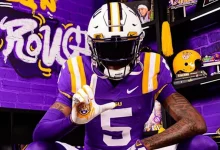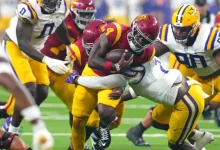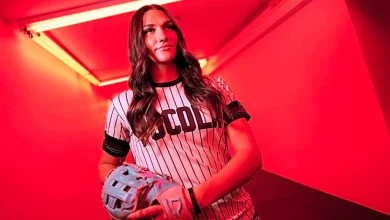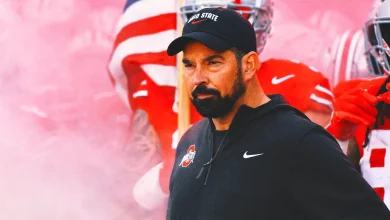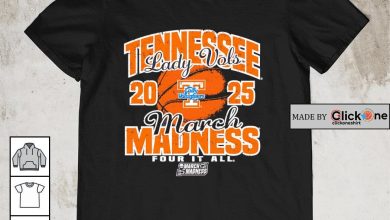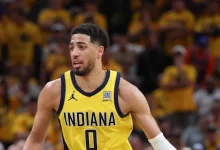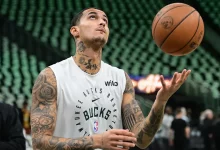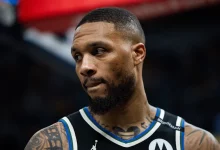Professional Wrestling Icon Hulk Hogan Dies at 71, Leaving Behind Legacy of Power, Pop Culture Fame, and Ring Dominance Worldwide.
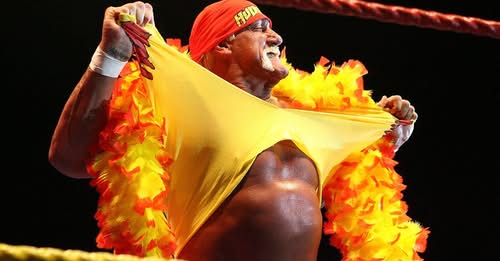
The world of professional wrestling is in mourning after the passing of one of its most iconic and influential figures. Hulk Hogan, born Terry Eugene Bollea, died at the age of 71, leaving behind a legacy that transcended the squared circle and helped elevate professional wrestling into the mainstream consciousness during the 1980s and 1990s. His family confirmed his death early Thursday morning, citing complications from a recent surgery.
For generations of fans, Hulk Hogan wasn’t just a wrestler — he was the wrestler. With his 24-inch pythons, blonde mustache, red-and-yellow gear, and booming catchphrases like “Whatcha gonna do, brother?” he embodied the superhero archetype for countless children and fans of all ages.
Rise to Fame
Hulk Hogan’s rise began in the late 1970s, but it was in the 1980s, under the umbrella of Vince McMahon’s expanding World Wrestling Federation (WWF, now WWE), that he became a global sensation. His charisma, exaggerated physique, and ability to connect with audiences propelled wrestling into the pop culture spotlight.
In 1984, Hogan won his first WWF World Heavyweight Championship by defeating The Iron Sheik in Madison Square Garden. That victory launched Hulkamania — a phenomenon that swept the globe and defined an entire era of professional wrestling. Kids wore his bandanas, mimicked his poses, and practiced leg drops on pillows across the country.
“Hogan was larger than life,” said wrestling journalist Dave Meltzer. “He wasn’t just a performer. He was the performer. He changed the business forever.”
WrestleMania and the Birth of Sports Entertainment
Perhaps Hogan’s most enduring contribution to the industry was his role in launching WrestleMania. At WrestleMania I in 1985, Hogan teamed up with actor Mr. T in a tag team main event that attracted mainstream media attention and helped bridge wrestling with Hollywood.
In subsequent WrestleMania events, Hogan headlined against titans like King Kong Bundy, André the Giant, “Macho Man” Randy Savage, and The Ultimate Warrior. His match against André at WrestleMania III is still etched in history as one of the most iconic moments ever — when Hogan body-slammed the 500-plus-pound giant before a crowd of over 93,000 at the Pontiac Silverdome.
That moment wasn’t just a feat of strength; it was storytelling, theater, and athleticism rolled into one — all performed under the glare of national television and a watching world.
Reinvention and the NWO Era
By the mid-1990s, as wrestling entered a new era, Hogan again found himself at the forefront of a cultural shift. He joined WCW (World Championship Wrestling) and turned heel — wrestling lingo for becoming a villain — forming the New World Order (NWO) with Kevin Nash and Scott Hall.
This move shocked fans. Hulk Hogan, the perennial good guy and role model, embraced arrogance, dressed in black, and spray-painted his opponents. It was a gamble, but it worked.
The NWO storyline revitalized WCW and gave fans a reason to tune in every Monday night during the Monday Night Wars with WWE. Hogan once again proved he could adapt, evolve, and lead the industry into uncharted waters.
Post-Ring Career and Legacy
After the wrestling peak of the 1990s and early 2000s, Hogan transitioned into reality TV and pop culture. His show Hogan Knows Best aired on VH1 and introduced a new generation to his life off the mat. Though not without controversy — including legal battles and leaked recordings that briefly derailed his public image — Hogan maintained a loyal fanbase.
In 2005, he was inducted into the WWE Hall of Fame by Sylvester Stallone. Despite multiple retirements, Hogan continued to make appearances in WWE, serving as a host, guest, and icon who lent instant credibility to any event he attended.
“He was a symbol of wrestling’s golden age,” said Triple H, current WWE executive and wrestling legend. “Without Hulk Hogan, there is no WrestleMania, no WWE as we know it. He put us on the map.”
Tributes Pour In
Following the announcement of his passing, tributes from across the wrestling world and beyond poured in.
Dwayne “The Rock” Johnson called him a “childhood hero and lifelong inspiration.”
John Cena tweeted: “Hulk Hogan was the reason I believed I could be a WWE Superstar. His legacy will never be forgotten.”
Even non-wrestlers acknowledged his impact. Basketball legend Shaquille O’Neal posted on Instagram: “Rest in peace to the original superhero. You inspired millions like me.”
WWE released a statement saying, “Hulk Hogan’s influence on professional wrestling is immeasurable. He helped create an entire era of fans, performers, and industry growth. Our thoughts are with his family.”
Family and Personal Life
Hogan is survived by his children, Brooke and Nick, and several grandchildren. Despite turbulent years in the public spotlight, his family has remained by his side, often defending his character and legacy.
In his final years, Hogan had focused on health, philanthropy, and fan engagement, attending conventions, fan expos, and serving as a mentor to younger wrestlers. He remained passionate about the industry, often discussing potential returns or fantasy matches in interviews.
A Legacy Etched in Gold
Though wrestling has evolved with new stars like Roman Reigns, Cody Rhodes, and others, the blueprint for global stardom in professional wrestling was authored by Hogan. He combined charisma, athleticism, and media savvy in ways no wrestler before him had achieved.
His merchandise sales, pay-per-view numbers, and television appearances remain benchmarks for what success in wrestling can look like.
While future generations may not fully comprehend the scope of Hulkamania, the influence of Hulk Hogan will forever echo in arenas and households around the world. He was, in every sense of the word, a legend.
To fans who grew up flexing in front of mirrors, saying their prayers, taking their vitamins, and believing in the power of Hulkamania — this loss is deeply personal.
And as the bell tolls ten times in tribute at arenas across the wrestling world, one thing is clear:
Hulk Hogan may have passed, but Hulkamania is immortal.

